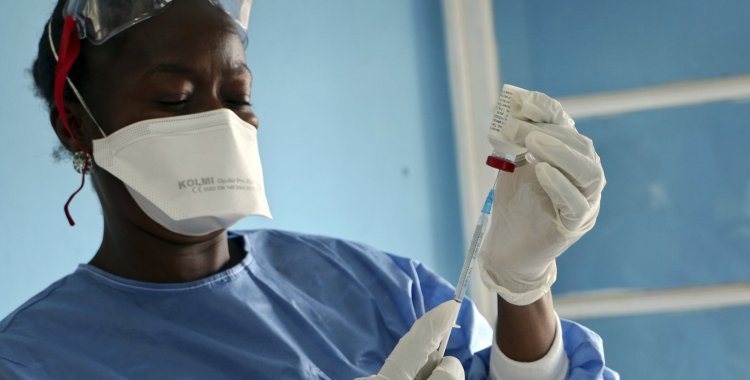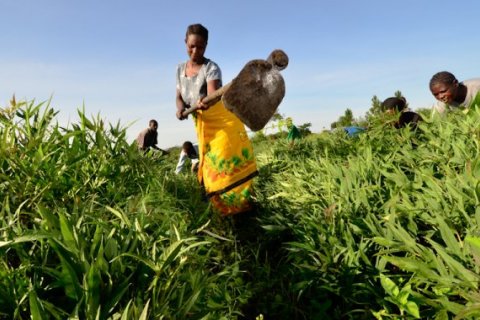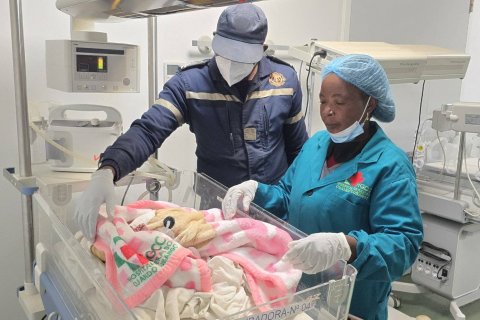"Vaccine distribution against covid-19 is likely to be much slower in Africa than in many other parts of the world, and the 'vaccine boost' in domestic economic activity is also likely to be lower, but the countries that will benefit most are the main exporters of raw materials and tourism-dependent economies," say capital economics analysts Angola and Cape Verde.
According to an analysis of the impact of vaccine introduction in sub-Saharan Africa, sent to investors and accessed by Lusa, analysts write that "despite the positive impact, economic recovery in the region is likely to remain slow and the prospect of evolution will be overshadowed by high levels of debt.
For analysts, "distribution will be more problematic in sub-Saharan Africa than in other parts of the world, mainly due to poor storage and supply infrastructure," but the challenge is not insurmountable, they add, recalling that the Ebola vaccine has been able to be effectively distributed.
Paradoxically, the big advantage of vaccines will come from being administered not so much to African citizens as to countries that are the main customers for African exports.
"While the impetus for African economies from lifting containment measures is limited, a relaxation of restrictions on movement in other parts of the world means that indirect benefits for sub-Saharan Africa may happen faster than anticipated," through increased demand for raw materials and the possibility of tourism, they note.
"The major beneficiaries are likely to be the largest African producers, such as Nigeria and Angola," the analysts admit, adding that lifting restrictions on movement means "the return of international tourists" to countries like Mauritius or Cape Verde.
Still, they warn, the outlook remains bleak for the region: "Despite the improved economic outlook, the crisis will have a lasting legacy, many countries in Africa are likely to suffer from its effects, and compared to other countries in the world, governments in Africa have given little direct support and this increases the risk of bankruptcies and unemployment, as well as an increase in bad credit that limits credit growth.
In addition, they conclude, "governments will end up with a greater burden of debt, as debt relief efforts so far have not lived up to expectations and the new G20 initiative on a common framework should follow suit, so there should be more austerity in the near future.
The covid-19 pandemic has caused at least 1,675,362 deaths as a result of more than 75.6 million cases of infection worldwide, according to a balance sheet made by the French agency AFP.
In Africa, there are 58,313 confirmed deaths in more than 2.4 million infected in 55 countries, according to the most recent statistics about the pandemic in the continent.
The disease is transmitted by a new coronavirus detected at the end of December 2019 in Wuhan, a city in central China.







